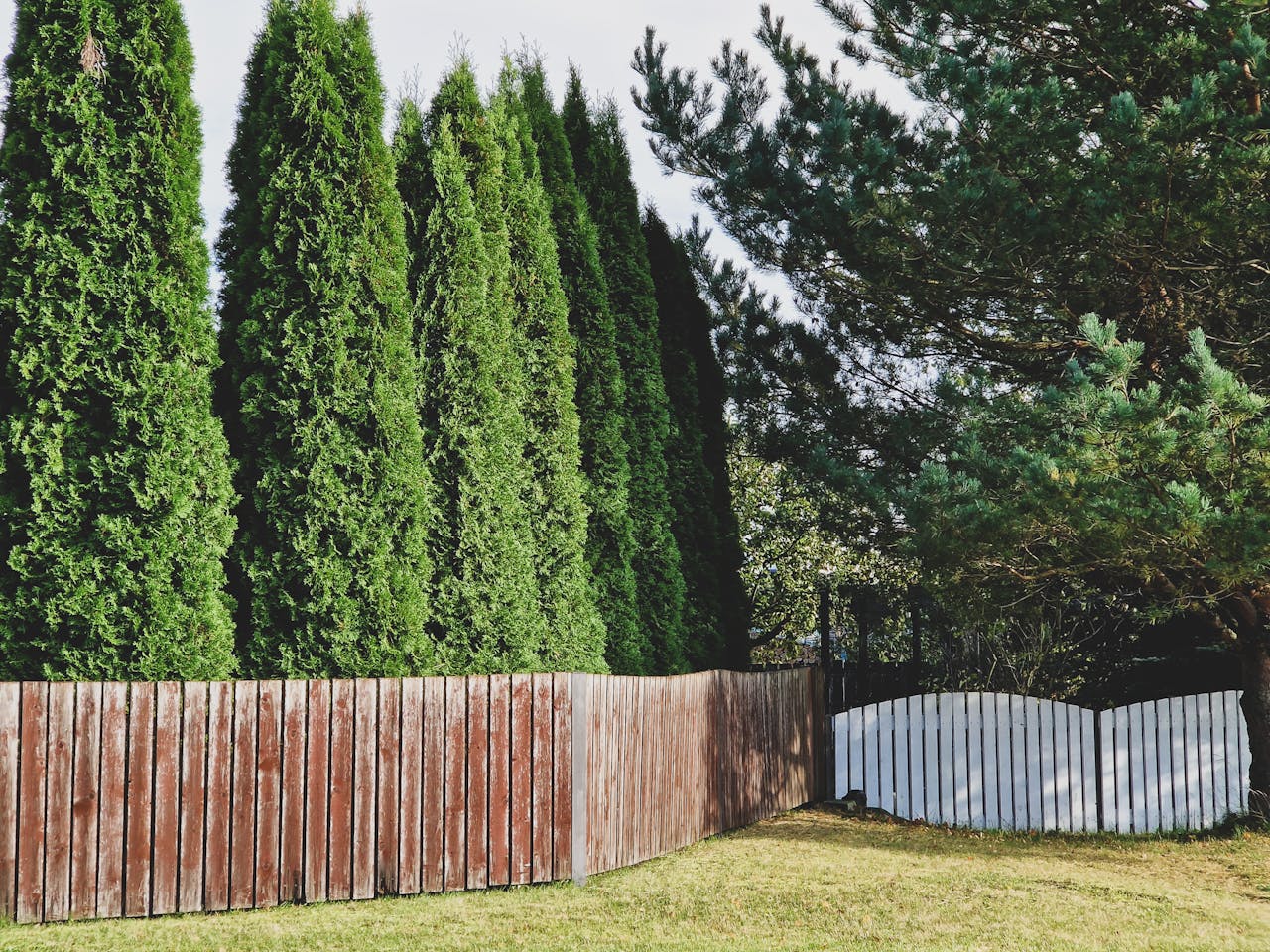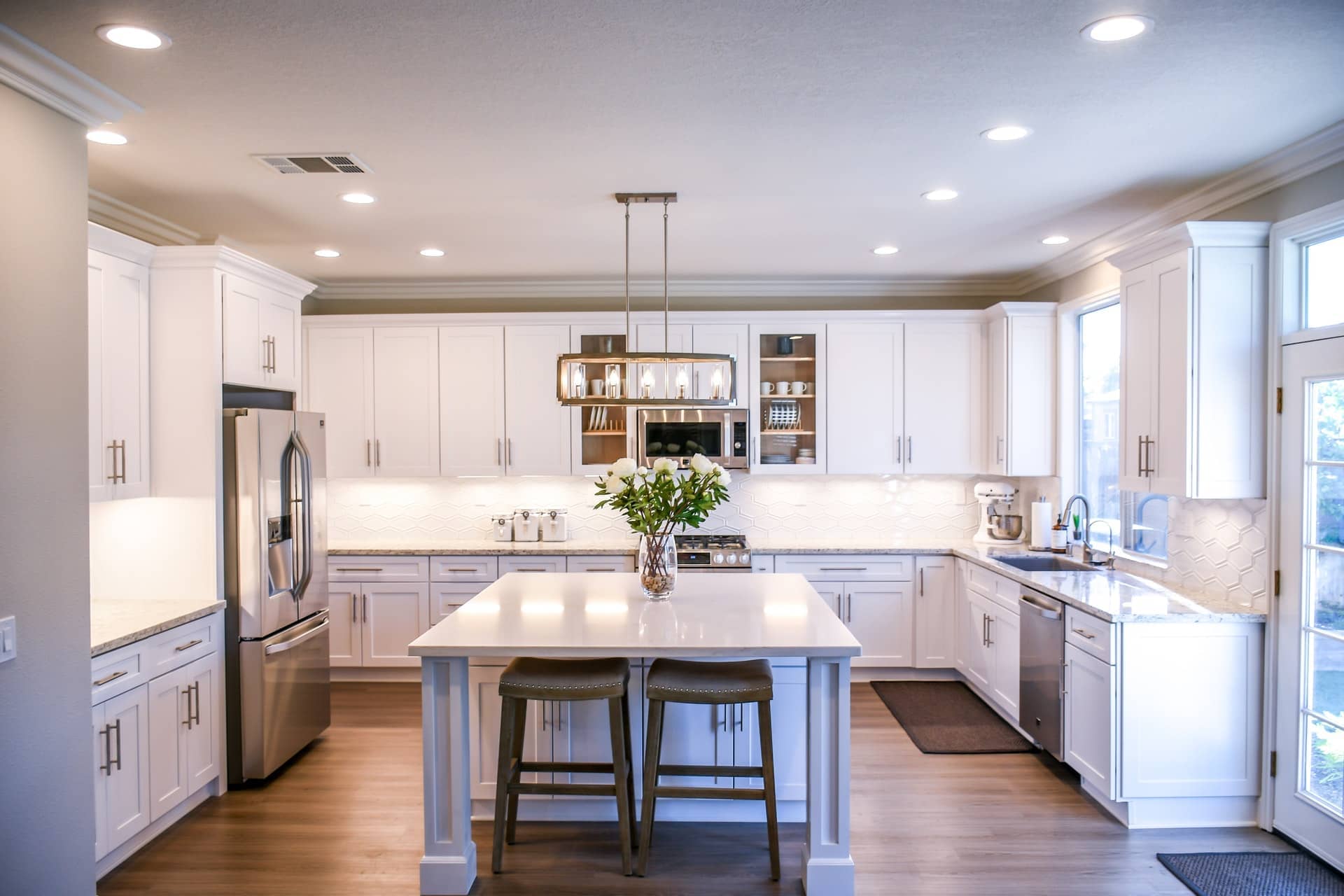
Do I Need a Permit to Build a Fence in South Carolina?
Adding a fence to your property may seem straightforward, but there’s more to it than choosing a style and scheduling an install. In South Carolina, there’s no statewide fence law, but nearly every town, county, and planned community has its own rules about fence height, materials, property line setbacks, and permits. Some homeowners will need formal zoning approval, while others may only need a sketch on file. The safest approach is to check before you dig.
Here’s how fencing rules work in the Lowcountry, including details for Charleston, Hilton Head, Beaufort, Bluffton, Ravenel, and surrounding areas.
For a quote from the best fencing contractors in Charleston, Hilton Head, and all of the surrounding areas, contact Southern Fence at your earliest convenience. We would be happy to work with you.
South Carolina Doesn’t Have a Universal Fence Permit Rule
The state itself doesn’t require a permit for fences. But most towns and cities do. Local zoning ordinances typically govern how high your fence can be, what materials are allowed, and where on your lot the fence can be placed. Many areas also require you to stay a certain distance back from property lines, driveways, sidewalks, or public easements.
You’ll also need to factor in HOA rules if you live in a deed-restricted community. Their standards often go beyond the local code, especially when it comes to fence appearance and placement.
Fence Permits and Setbacks in Charleston, SC
In the City of Charleston, a fence permit is required if your fence exceeds 6 feet in height. If your property is located within a historic district, such as the Old and Historic District or the Old City District, additional review by the Board of Architectural Review (BAR) is needed. Any fence visible from the street or affecting the public view may be subject to design standards.
For residential fences under 6 feet tall, a permit is not required, but setback rules still apply. The city does not allow fences directly on the property line without agreement from adjacent property owners. Most fences must be built 6 inches to 1 foot inside the property line, though this can vary depending on lot location and zoning classification.
Charleston County applies similar rules for unincorporated areas. Fences are allowed in side and rear yards but must be built on your own land—not on easements or public rights-of-way.
More information is available on the Charleston Zoning website.
Fence Regulations in Mount Pleasant, North Charleston, and Ravenel
In Mount Pleasant, fences up to 6 feet tall do not require a permit for rear and side yards. However, front yard fences are limited to 4 feet and must maintain a setback of at least 2 feet from sidewalks or property lines to preserve clear sight lines. Decorative fencing is encouraged in visible areas.
North Charleston allows residential fencing without a permit if it remains under 6 feet. But like Charleston, you must keep the fence on your property, typically 6 inches or more inside the line, and avoid encroaching on utility easements. On corner lots, additional visibility triangle rules apply, which may limit height near intersections.
In Ravenel, the town expects homeowners to submit a basic layout before installing a fence. While permits are not always required for standard backyard fences, zoning compliance is still necessary. Setback guidelines usually require a minimum of 1 foot inside your boundary, especially if the fence will be near a neighboring structure.
Building a Fence in Bluffton or Beaufort
Bluffton requires zoning approval for all fences, regardless of height. In most areas, rear and side fences may be up to 6 feet tall, while front yard fences are limited to 4 feet. You must maintain a setback of at least 12 inches from the property line, unless you share the fence with a neighbor and have written consent. If your property is within a Historic District, design review is required. Bluffton also prohibits certain materials, like unfinished chain-link, in visible locations.
Beaufort follows a similar approach. Fence placement is regulated by zoning, and all fences must be within your own lot lines. A minimum setback of 1 foot is typical, although some neighborhoods require more if adjacent structures are close. Permits are required for most new installations, and the city has published fencing guidelines to help maintain uniformity across historic and newer developments. Call us for fence installation in Bluffton - we are happy to help.
Learn more at the Town of Bluffton Planning department.
Fence Requirements in Hilton Head Island
Hilton Head Island is stricter than many other towns in the region. A zoning permit is required for all fences, regardless of height or type. The town mandates that fences be placed entirely within private property and recommends a setback of at least 1 foot from the property line. In areas adjacent to wetlands, tree buffers, or open spaces, additional review may apply.
Front yard fences may not exceed 4 feet, while back and side yard fences can go up to 6 feet. Chain-link fencing is discouraged and in many cases disallowed in front yards or near conservation zones.
More info: Hilton Head Community Development
HOA Rules Can Override Local Regulations
If you live in a community governed by a homeowners association, their rules may apply even before local permitting comes into play. HOAs can restrict the type of fence you build, how tall it is, and where on your lot it can go. Many require prior written approval before construction, and they may not follow the same setback allowances as the city or county.
Failing to get approval can lead to fines, legal disputes, or even removal of the fence at your expense. Always contact your HOA board or property manager first.
Property Line Disputes Are Avoidable
South Carolina does not require a survey before building a fence, but if you're unsure where your property line is, it’s best to get one. Even a small error can lead to a boundary dispute. A licensed land surveyor can mark the exact corners and help you avoid placing the fence on a neighbor's land or inside a public easement.
This becomes especially important in dense neighborhoods or areas without visible lot markers. A simple survey can prevent a costly correction later.
Southern Fence Handles the Details
We work with homeowners across the Lowcountry who want a fence that’s safe, strong, and properly placed. From fencing in Walterboro to Charleston, Bluffton, Ravenel and Hilton Head, we know the local rules and can help you avoid permit mistakes or boundary issues. We’re also happy to coordinate with your HOA if approval is required.
If you’re planning to install a new fence, contact Southern Fence. We’ll guide you through the process, help you meet the requirements for your town, and build something you’ll be proud of for years to come.


